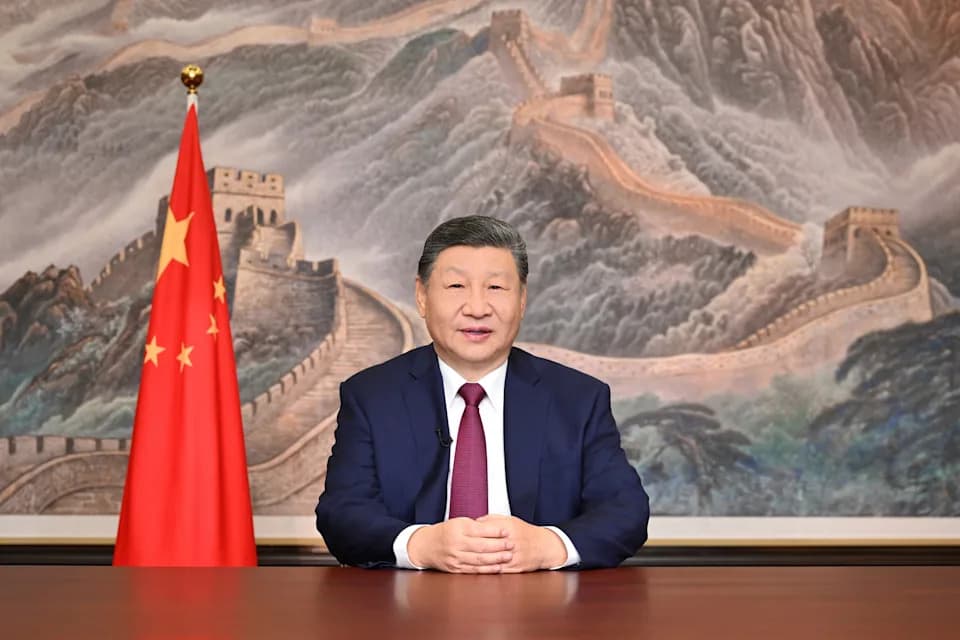The EU welcomed China’s 12‑month suspension of rare‑earth export controls and said Brussels and Beijing will cooperate on an export‑licensing system to stabilise supplies. EU Trade Commissioner Maroš Šefčovič met Commerce Minister Wang Wentao to discuss controls issued in April and October and European semiconductor rules. The EU, which ran an estimated €300 billion trade deficit with China last year, stressed the need for a predictable trading framework for these critical materials.
EU Welcomes China’s 12‑Month Pause on Rare‑Earth Export Controls as Licensing Talks Continue

BRUSSELS — EU and China agree to stabilise rare-earth supplies
The European Union and China have agreed to work together to stabilise shipments of rare-earth materials and related products from China — a critical source for many high-tech, industrial and defence applications.
EU Trade Commissioner Maroš Šefčovič met Chinese Commerce Minister Wang Wentao in Brussels to press Beijing on export restrictions on rare earths that were introduced in April and October, and to discuss European rules on semiconductor sales, said Olof Gill, a spokesperson for the European Commission. The Commission represents the EU’s 27 member states.
The EU welcomed China’s recent 12-month suspension of its rare-earth export controls and urged the creation of a durable, predictable trading framework for these critical materials. The bloc is also working with Beijing on an export licensing system designed to ensure a steadier and more transparent flow of rare-earth minerals into Europe.
“This is an appropriate and responsible step in the context of ensuring stable global trade flows in a critically important area,” Gill said.
Šefčovič said Brussels and Beijing will keep discussions open about further trade measures and the implementation of export-control policies. In an X post he wrote: “Both sides reaffirmed commitment to continue engagement on improving the implementation of export control policies.”
The EU, like the United States, runs a substantial trade deficit with China — roughly 300 billion euros ($345 billion) last year — and depends heavily on Chinese supplies of rare-earth materials and finished products. These materials are used across many sectors, including magnets for electric vehicles, consumer appliances and critical components for defence and advanced electronics.
China is the EU’s second-largest trading partner in goods after the United States, with bilateral trade estimated at about 2.3 billion euros ($2.7 billion) per day. Both sides said they have an interest in maintaining stable trade ties for the benefit of the global economy and noted shared climate-related goals.
What happens next: The EU and China will continue technical talks on an export licensing system and other measures intended to make supplies more predictable while balancing economic and security concerns.
Help us improve.


































